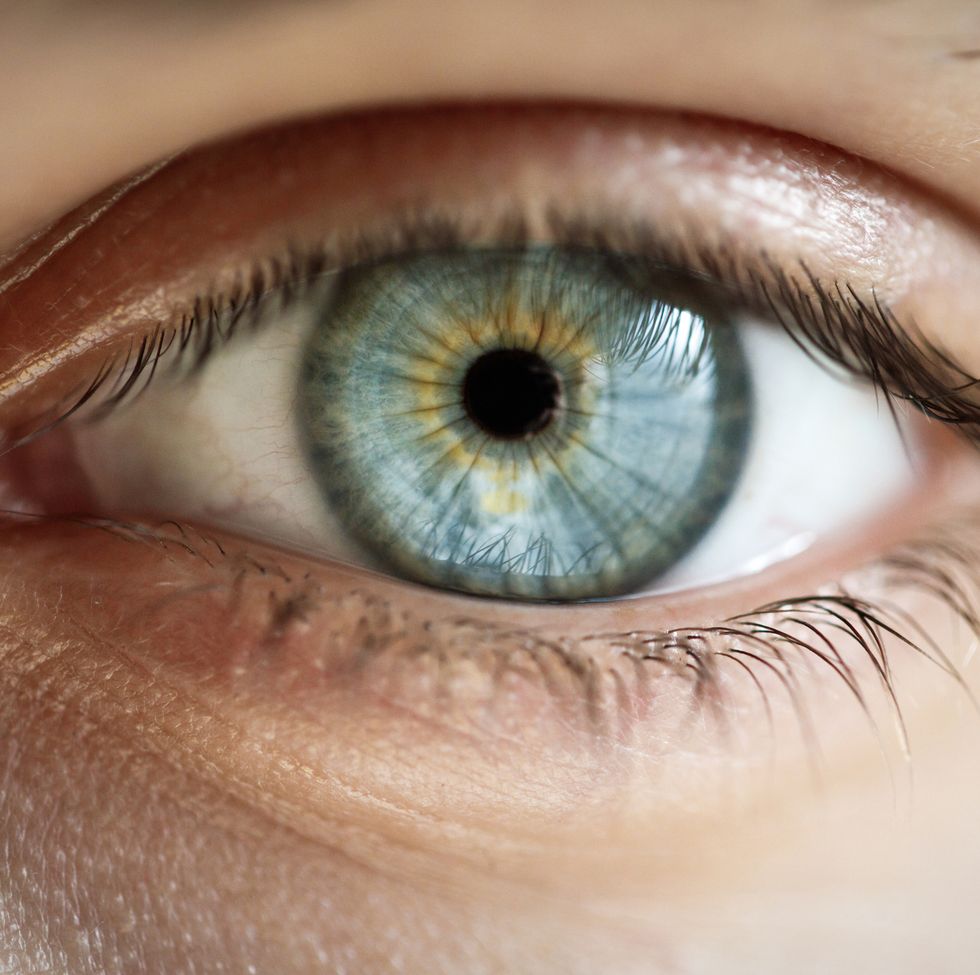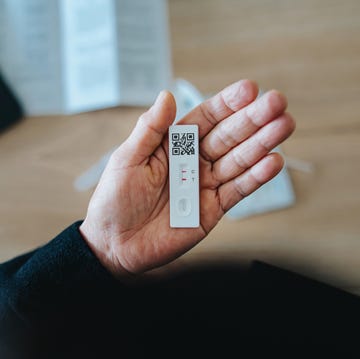6 Signs Your Awful Cold Has Actually Turned Into a Sinus Infection
Sinus infections are hard to diagnose because they mimic a cold.
Congestion. Runny nose. Sore throat. These are cold symptoms we know all too well. But what happens when all the chicken soup and vitamin C in the world don’t seem to be doing the trick? It may be one of the sneaky signs that you actually have a sinus infection.
What is a sinus infection?
“Sinus infections are viral or bacterial infections of the sinus cavities located in the cheeks, between the eyes, above the eyebrows, and behind the eyes,” explains Melynda Barnes, MD, associate clinical director of Ro and former assistant professor of surgery-otolaryngology at Yale School of Medicine.
“During a sinus infection, the lining of the sinuses becomes inflamed and swollen, and the glands within the lining produces a lot of mucus. It is this sinus inflammation and mucus that leads to the common but sneaky symptoms,” Dr. Barnes says.
There are four sinuses on each side of your face, and any one of them can become infected, says Dr. Barnes. Which sinus is infected will determine the symptoms you may experience. If your cheek sinuses are infected, for example, then you will likely feel pain over your cheeks.
Are sinus infections contagious?
Sort of. If your sinus infection was brought on by a virus, then you can spread the virus to others. However, you can't spread the sinus infection itself. The inflammation that builds up from a cold is what causes a sinus infection, but this doesn't necessarily happen every time someone catches a cold.
Family nurse practitioner Valerie King, a clinical assistant professor and coordinator of the nurse practitioner program at UMass Lowell, explains, “Most sinus infections are caused by viruses. And yes, viruses can be contagious because they can be present on many items that people touch. But usually if you get sick with a virus that you’ve touched, you only develop cold-like symptoms. It’s when the cold like symptoms, such as congestion, lingers and can actually develop into a bacterial infection."
How are sinus infections diagnosed?
Determining whether someone has a sinus infection can be difficult even for a trained professional. “Since sinus infections and bronchitis symptoms aren't easily diagnosed with a simple test and rely on the clinician’s judgment of the clinical picture, it is a tricky and confusing illness,” says King.
Signs you have a sinus infection
Often, sinus infections occur after a cold, so they may take you by surprise—especially since they have many of the same symptoms as respiratory infections and are often caused by the same viruses that cause colds. If your symptoms persists for more than a week, it's worth checking in with your doctor to see if you have a sinus infection. Here are some common sinus infection symptoms to look out for.

Watch Next


Tiffany Haddish Shares Battle With Endometriosis

What You Need to Know About ‘Ozempic Personality’

My Diagnosis: Why Did I Have Such Intense Pain?

How to Spot Different Types of Skin Cancer















